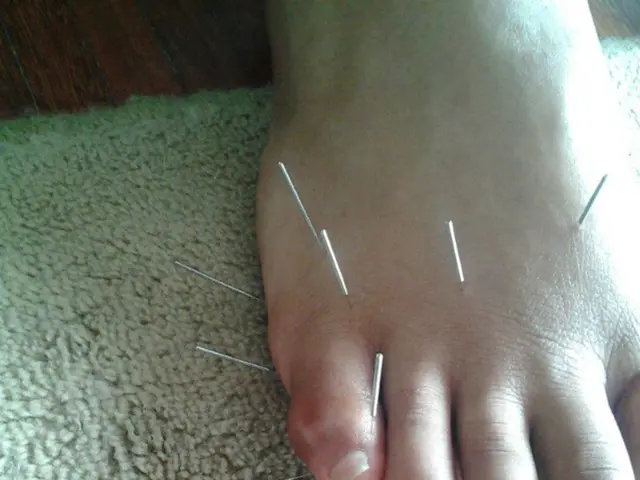Women's deaths linked to menopause in 40% of cases
menopause poses various health challenges for women, including hot flashes, night sweats, and mood swings. However, a more pressing concern is the increased risk of heart attack and stroke that some women face during this stage of life.
Researchers from the University of Texas Southwestern Medical Center have discovered a connection between menopause and the number one killer of women – heart disease. By understanding these risks, women can take proactive steps towards a heart-healthy life.
Cardiovascular disease is often thought of as a male issue, but it is the leading cause of death among women, accounting for approximately 40% of all female deaths. While research has shown that the risk of heart disease rises sharply after menopause, the reasons behind this increase have been unclear.
A recent study conducted by Texas researchers delved into advanced lipid problems in menopausal women, focusing on lipid subfractions and particle numbers – factors far more accurate than basic lipid tests in predicting cardiovascular disease. The study included over 1,240 pre-, peri-, and post-menopausal women, as well as another 1,340 men for comparison.
The findings are concerning:
- Women of all menopausal stages showed an increase in "bad cholesterol" (LDL) compared to men, with the largest percentage change observed between peri- and post-menopausal groups (8.3%).
- Post-menopausal women experienced the greatest percent decrease in "good cholesterol" (HDL), with a negative change of 4.8%. Low HDL-P levels are indicative of insulin resistance and a greater risk of heart attack and stroke.
- The peri-menopausal group saw a 213% greater percent change in small-dense LDL – a particle size that can more easily enter the blood vessel wall and cause heart disease.
These changes suggest that menopause contributes to adverse lipid profiles, which could explain the increased cardiovascular disease risk in post-menopausal women.
Given these findings, it is essential for women to discuss advanced blood tests with their doctors if they have embarked on, or are approaching, menopause. Preventive measures, along with staying informed about the latest developments in women's heart health, can help minimize the risk of heart disease.
Research has shown that beets can offer some heart protection that menopause may take away. In experiments with postmenopausal women, drinking beetroot juice led to improved blood flow, potentially reducing the risk of heart disease in the postmenopausal years.
Beets help increase nitric oxide (NO) levels, a vital signaling molecule in the endothelial cells that line arteries. NO functions as a powerful vasodilator and an essential regulator of the cardiovascular system.
Sources:
- Menopause potentially linked to adverse cardiovascular health through blood fat profile changes – EurekAlert!
- Associations Between High-Density Lipoprotein Particles and Ischemic Events by Vascular Domain, Sex, and Ethnicity: A Pooled Cohort Analysis – Circulation
- The study conducted by researchers at the University of Texas Southwestern Medical Center reveals an increased risk of heart disease in women during menopause, particularly due to changes in lipid profiles such as higher levels ofbad cholesterol (LDL) and lower levels of good cholesterol (HDL).
- Research highlights the importance of advanced blood tests for women approaching or undergoing menopause to help minimize the risk of heart disease, as preventive measures and staying informed about the latest developments in women's heart health can be beneficial.
- Remarkably, consuming beetroot juice may offer protective effects on heart health for menopausal women, as it has been shown in experiments to improve blood flow and increase nitric oxide (NO) levels—a crucial signaling molecule in the cardiovascular system.







